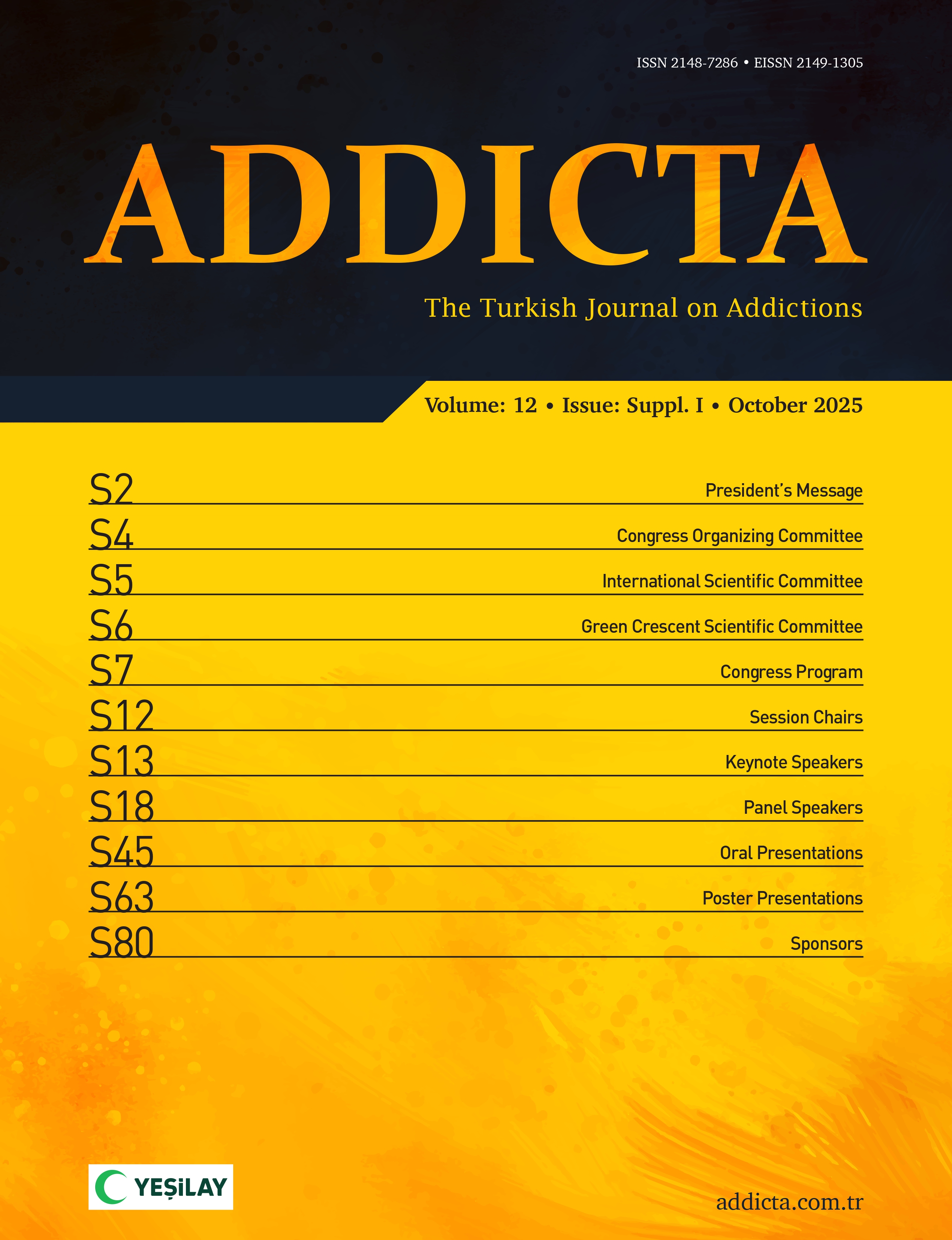The aim of this study was to examine the predictive role of impulsivity and avoidance in the internet addic- tion of university students using a mixed method. The explanatory sequential design, one of the mixed research methods, was used in the study. As data collection tools, the Internet Addiction Scale, Barratt Impulsivity Scale Short-Form, Multidimensional Experiential Avoidance Questionnaire-30, and Personal Information Form were used. The difference between the internet addiction levels of female and male stu- dents was not significant. Positive correlations were found between the Internet Addiction Scale and the Barratt Impulsivity Scale Short-Form sub-dimensions of being unable to plan, motor, attention, suppression of the meaq-30 scale sub-dimensions, disliking distress, and procrastination. A negative correlation was found between the Internet Addiction Scale and the sub-dimension of bothering. The independent variables significantly predicted internet addiction. Four themes were determined about the effects of internet addic- tion. Regarding the effects of experiential avoidance on internet addiction, two themes were found. When the findings in both the qualitative and quantitative stages of the study were considered together, it was concluded that impulsivity and experiential avoidance had an effect on internet addiction.
Cite this article as: Baltacı, U. B., & Traş, Z. (2022). Examination of the predictor role of impulsiveness and avoidance in internet addiction with mixed methods. Addicta: The Turkish Journal on Addictions, 9(2), 158-175.

.png)

.png)
.png)
